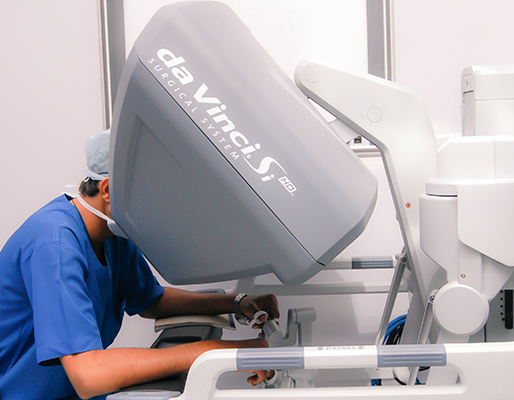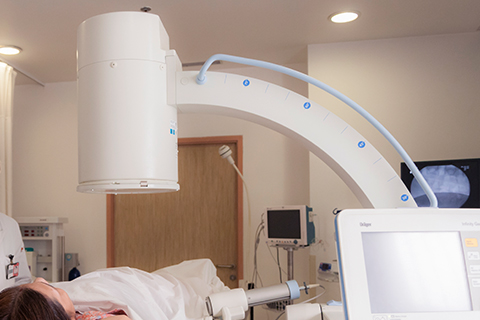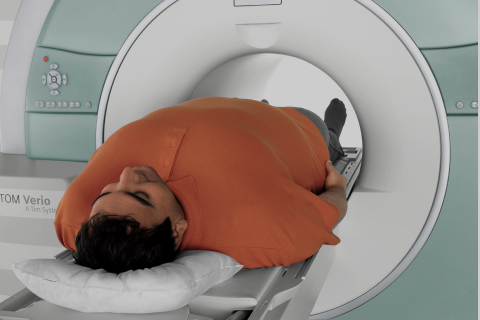Renal Care
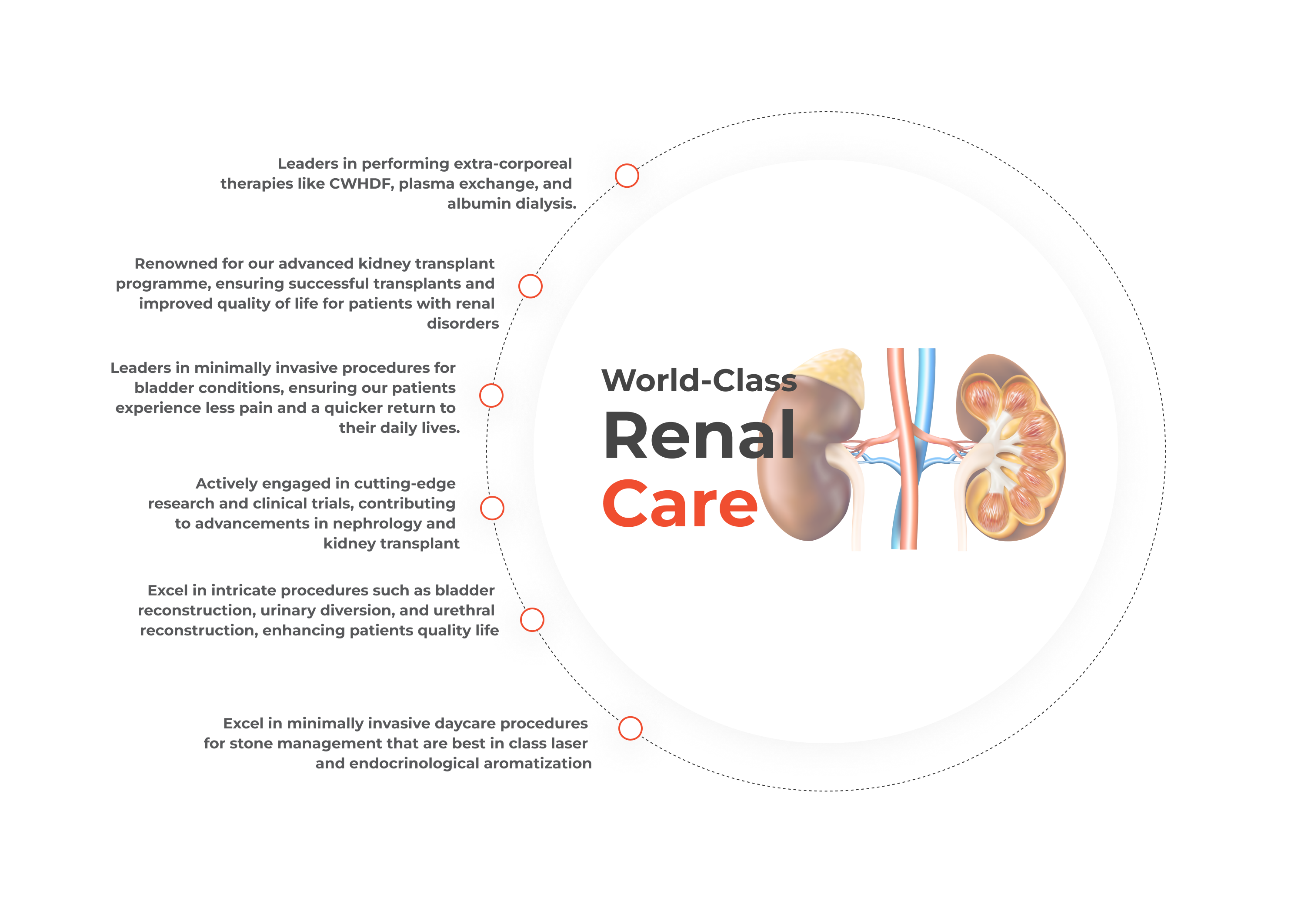


Benign Prostatic Hyperplasia: Benign prostatic hyperplasia (BPH) is a non-cancerous enlargement of the prostate gland, a condition that frequently affects older men. As the prostate enlarges, it can squeeze the urethra, leading to urinary symptoms such as frequent urination, difficulty starting or stopping the flow, weak stream, or the sensation of incomplete emptying.

Kidney Stone/Calculus: Kidney stones, also known as renal calculi, are solid mineral deposits that form in the kidneys or other parts of the urinary tract. These stones can range in size from tiny grains to golf ball-sized, and they can cause intense pain when they pass through the urinary system. The most common types of kidney stones are calcium, struvite, uric acid, and cystine stones. The composition of the stone influences treatment options.
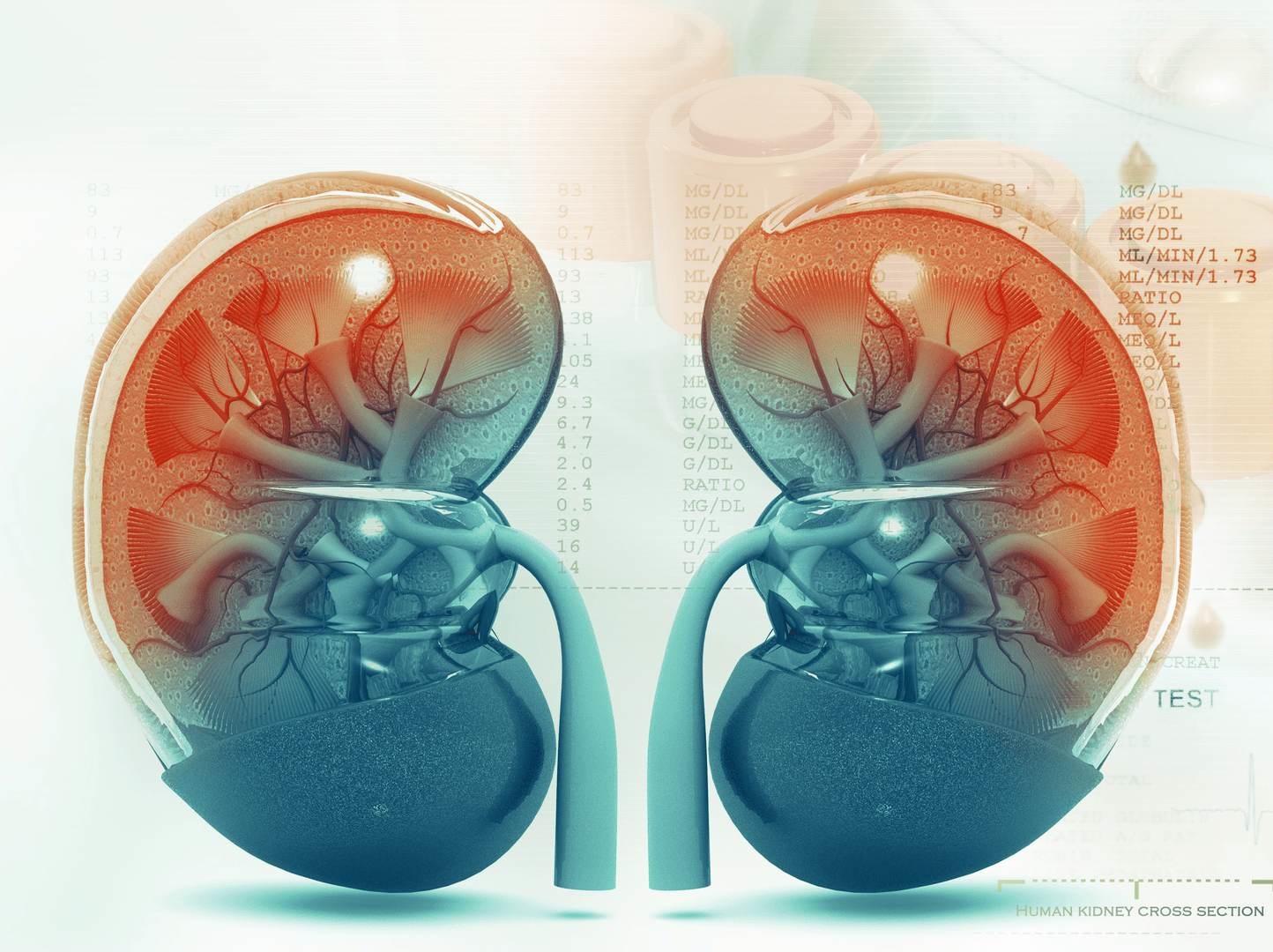
Critical Care Nephrology focuses on managing kidney-related issues in critically ill patients, addressing acute kidney injury and complex renal conditions. This specialized field integrates nephrology expertise with critical care medicine, utilizing advanced interventions to optimize renal function and improve outcomes in patients facing severe medical conditions and organ failure.

Kidney transplantation involves surgically placing a healthy kidney from a living or deceased donor into a recipient with kidney failure. This life-saving procedure provides a new lease on life, restoring proper kidney function and improving the recipient's overall health and quality of life, often eliminating the need for dialysis.

Pediatric kidney diseases encompass a range of conditions affecting children's kidneys, such as congenital anomalies, glomerulonephritis, and urinary tract infections. Specialized care involves early diagnosis, tailored treatments, and long-term management to ensure optimal kidney function and the well-being of young patients facing renal challenges.

Interventional nephrology is a subspecialty focusing on minimally invasive procedures to manage kidney-related disorders. These interventions include vascular access maintenance for dialysis, catheter placement, and kidney biopsies. By combining nephrology expertise with interventional techniques, this field aims to enhance patient outcomes and minimize the impact of kidney disease.

Urological cancers encompass malignancies affecting the urinary tract and male reproductive organs, including the bladder, prostate, kidney, and testicles. Early diagnosis through screenings and advanced treatments such as surgery, chemotherapy, and immunotherapy are essential in managing these cancers, ensuring optimal outcomes and quality of life for patients.

Urological reconstructive procedures address structural abnormalities in the urinary and reproductive systems. Surgeons utilize advanced techniques to repair and reconstruct conditions such as urethral strictures, pelvic organ prolapse, and congenital anomalies. These interventions aim to restore normal function and improve the overall health and well-being of patients.
Our superspecialist doctors provide the highest quality of care through a team-based, doctor-led model. Trained at some of the world's most renowned institutions, our highly experienced doctors are distinguished experts in their respective specialities. Our doctors work full-time and exclusively across Medanta hospitals. In addition to offering superspecialised care in their own field, the Medanta organisational structure enables every doctor to help create a culture of collaboration and multispecialty care integration.
Our superspecialist doctors provide the highest quality of care through a team-based, doctor-led model. Trained at some of the world's most renowned i..... Continue Reading






